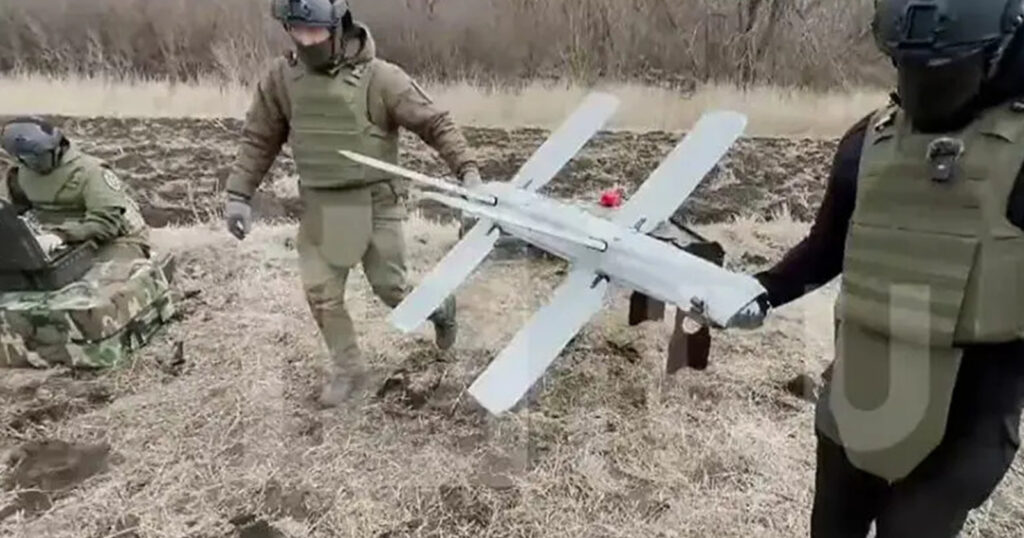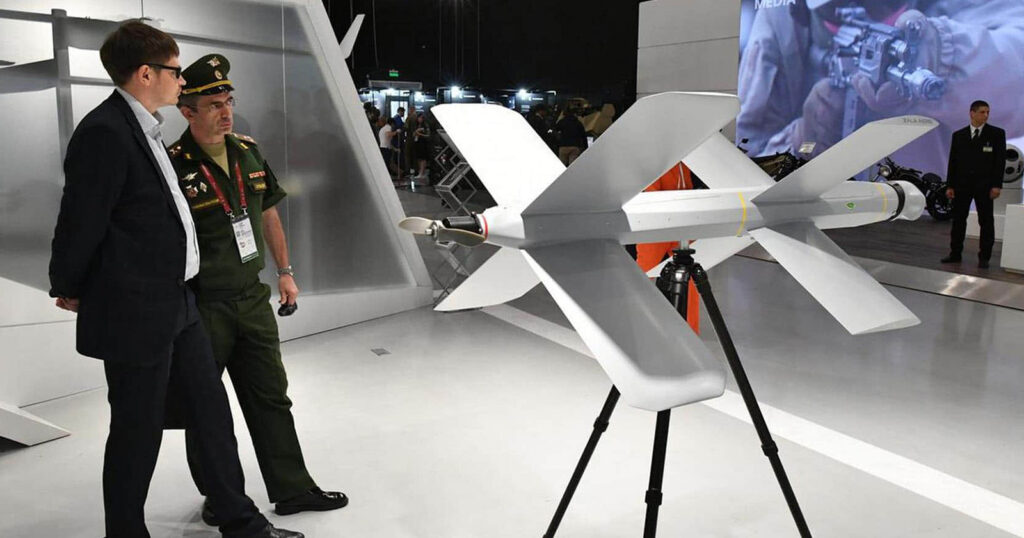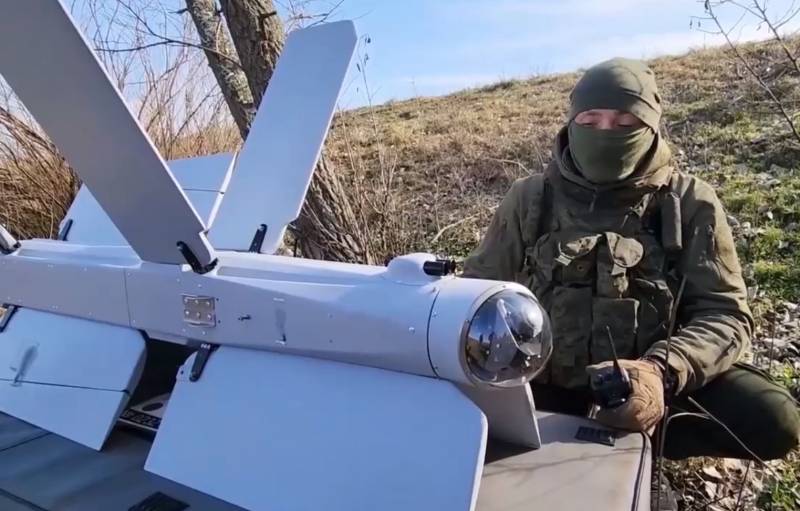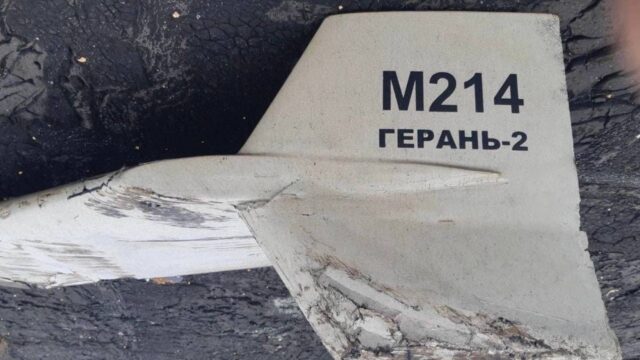Russia’s Lancet kamikaze drones had played a significant role on the battlefield; however, recent developments indicate that these death machines are failing to demonstrate the expected impact. Issues in Lancet’s automatic mode are drawing serious attention, further intensifying debates on how complex and reliable autonomous weapon systems should be.
Russian Drone Lancet Requires Human Intervention
It is known that Lancet typically operates alongside hunter-killer teams. However, with the latest update, Lancet was purportedly claimed to have become fully autonomous. Recent footage revealed that target identification processes did not occur without human intervention. This suggests that Lancet is not performing as expected in automatic mode.

In particular, it was observed that Lancet misidentified targets and carried out attacks on unexpected objects. This highlights how vulnerable AI-supported systems can be and how they can fail under real-world conditions. These issues raise concerns about the reliability and effectiveness of autonomous weapons, especially in complex battlefield environments and scenarios.

Is Lancet a Reliable Weapon?
Currently, it is still unclear how reliable Lancet’s automatic recognition system is and in what situations human intervention is necessary. However, these developments underscore the need for autonomous weapon systems to be developed with great care and highlight the potential risks of their use.
Optimistic plans for regulating such weapon systems are being discussed at the United Nations, but recent developments make the risks and uncertainties surrounding the use of autonomous weapons even more apparent. This could accelerate international efforts to control and limit the use of autonomous weapons.














